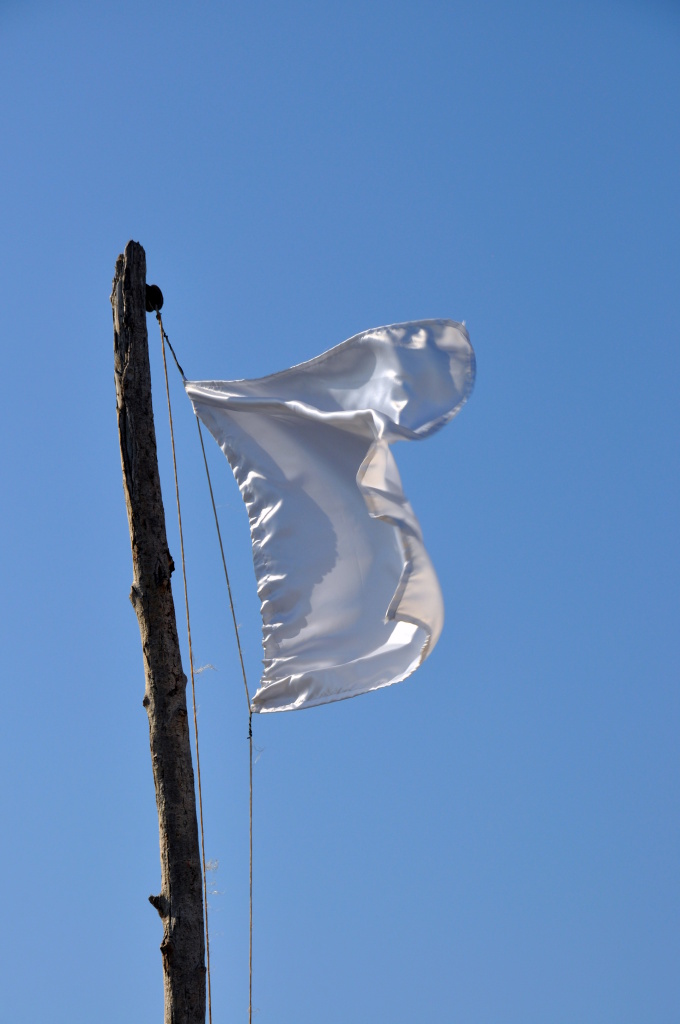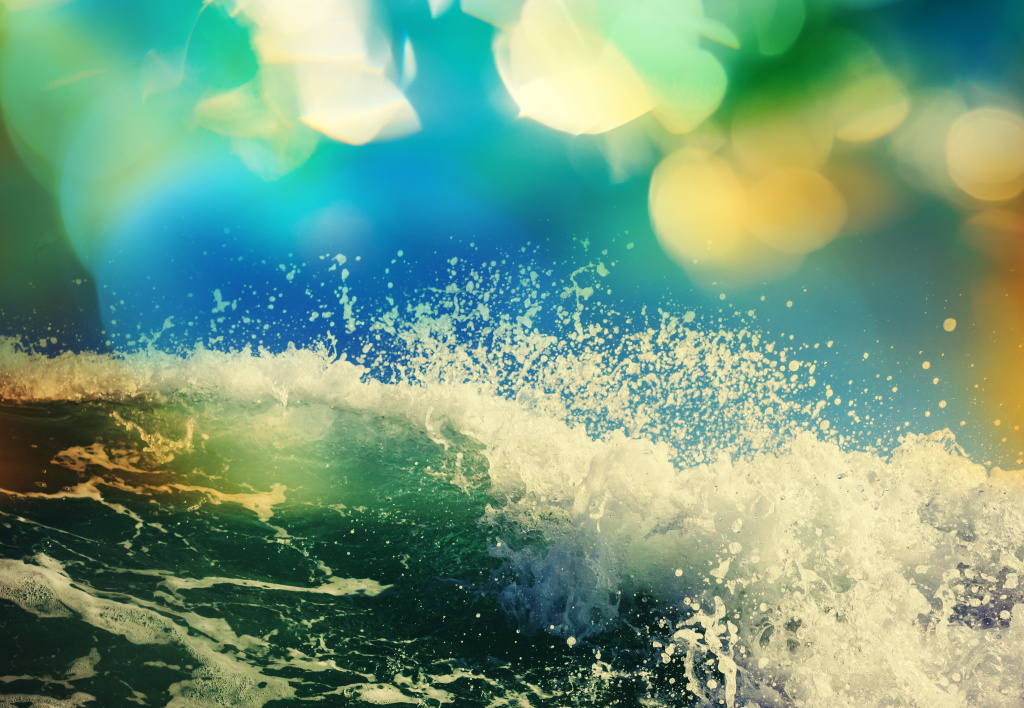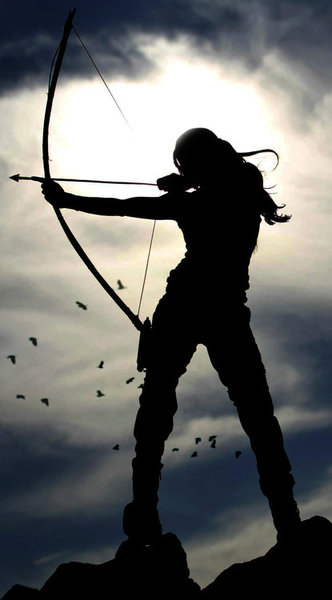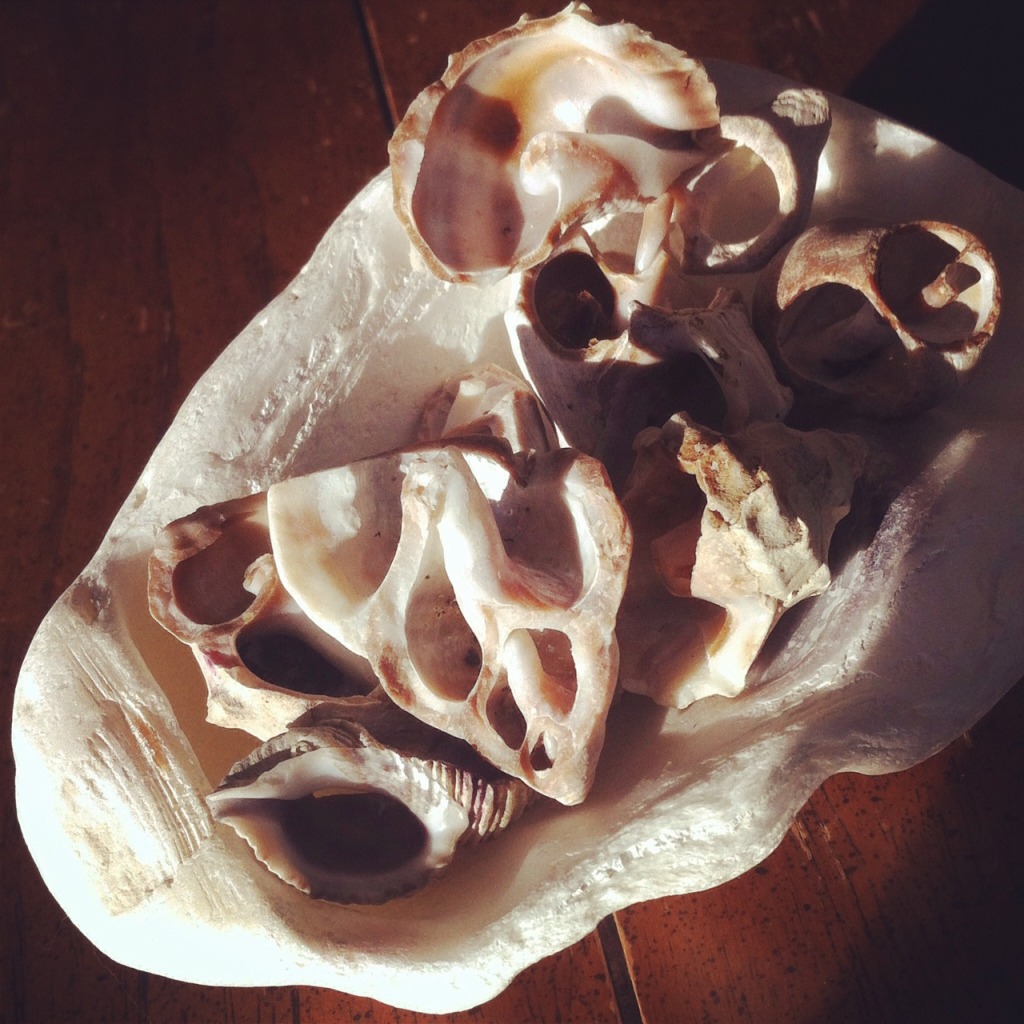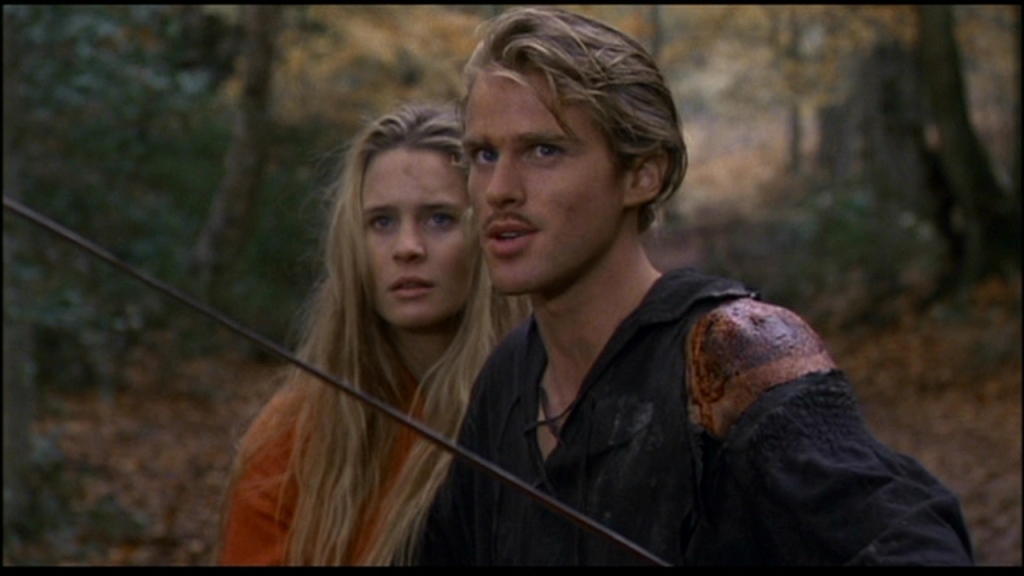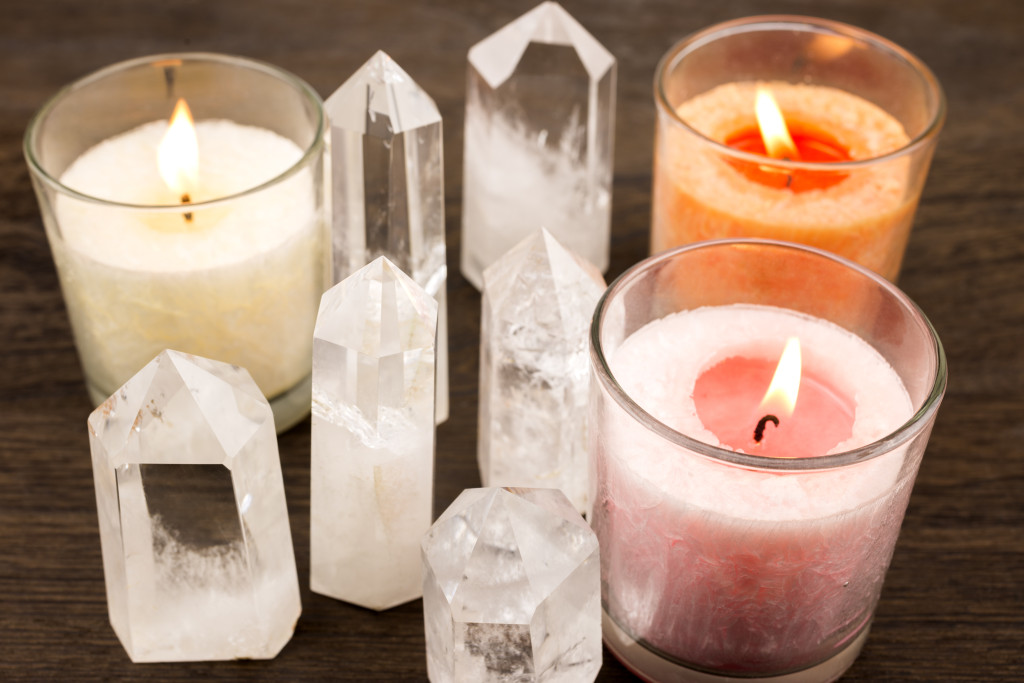 Yesterday, the alternative health universe lost one of its stars, a charismatic Australian woman named Jess Ainscough, better known as the "Wellness Warrior". She died at the young age of thirty after seven years of trying to cure her very rare form of cancer by eschewing traditional cancer treatments and opting for alternative therapies, such as Gerson therapy which requires lovely things such as coffee enemas every four hours.
Yesterday, the alternative health universe lost one of its stars, a charismatic Australian woman named Jess Ainscough, better known as the "Wellness Warrior". She died at the young age of thirty after seven years of trying to cure her very rare form of cancer by eschewing traditional cancer treatments and opting for alternative therapies, such as Gerson therapy which requires lovely things such as coffee enemas every four hours.
Jessica's death upset me. Dying at thirty before having kids, before marrying her honey, and before realizing so many dreams is a human tragedy. Also though, I am pissed off that she was both a victim and a perpetrator of a set of beliefs that pressures sick people to choose between traditional (western) medicine and alternative therapies (woo). Since being diagnosed with PSC I have felt this pressure in many subtle and not-so-subtle ways.
I will not lie, I love me some woo.
I have a meditation altar set up in my bedroom, complete with my healing crystals, a sellinite candle, and pieces of beach glass.
Franck said to me recently when he came upstairs to find me meditating in front of my lit candle (to purify cosmic energies), "all you're missing is an eagle feather."
"I know. I totally need one," I said.
I am a big fan of vision boards (on Pinterest) and live in the hope that the universe will manifest my wishes of a New York Times Bestseller, a TED speaking engagement, and a trip to Sanibel island with my mom to go beachcombing. I am a devoted patient of reflexology and a Reiki-type energy massage. I believe that acupuncture can be helpful in many situations, same for yoga and visualizations. I have even done a past life regression that took me back to not one, but three past lives. Fascinating stuff.
Most days I down a monster smoothie packed with kale, probiotics, hemp, and chia seeds. It tastes like stagnating pond scum, but I know it is good for me. Maybe my smoothie is more about nutrition than woo but the line between the two in the alternative health world is often very fine indeed.
Still, nothing annoys me more since being diagnosed with PSC than people (often people I barely know) suggesting that I go on a liver cleanse to heal myself or just think positively. The implication is, of course, that I could heal myself if I followed their suggestions and believed in it enough. If it didn't work, it would clearly be my fault because I didn't do it right.
I religiously did acupuncture and Chinese herbs for a year and a half after being diagnosed with PSC, with the full consent and knowledge of my hepatologist.
I became increasingly uncomfortable, though, with my Chinese Medicine Doctor. First of all, I could discern no positive effects of her treatment besides temporary relief of some symptoms like itching. My blood results were getting worse and I was clearly getting sicker. I was bothered that she kept blaming this on my traditional doctors, even though they were not treating me with anything at that time (the only available treatment for PSC is an eventual liver transplant which tends to be a one-shot deal).
When I started to move closer to transplant and decided to discontinue the herb portion of the C.T.M. treatment because it could eliminate me from transplant eligibility, she never let an appointment go by without telling me how she had cured other liver patients with herbs or how she regretted my decision to stop them. I was being pushed to choose between traditional medicine and alternative medicine and I resented it.
Despite my lifelong love of crystals and the occult I never, not for a moment, considered abandoning western medicine in favour of woo for my PSC. It would not be my reflexologist who would be performing life-saving transplant surgery, after all. I sought out the best care I could find, which means for me flying to Calgary on a regular basis to meet with a hepatologist who has the fourth largest PSC practice in the world and is a leader in the field, and being assessed by the world-renowned liver transplant clinic in Toronto.
I do not think my PSC is a "gift" from the universe or was sent to me for me to learn some cosmic lesson. I make a conscious choice to give my experience meaning (I'm a big fan of Vicktor Frankl) but I see PSC for what it is - a nasty, cruel disease that strikes indiscriminately, just like cancer and ALS and heart defects and all the myriad ways a human body can break down.
Traditional medicine is by no means perfect. I have been subjected to skilled but inhumane doctors who really shouldn't be allowed to talk to patients or, in fact, other human beings. At all. Under any circumstances. Things are misdiagnosed or diagnosed too late, treatments can be brutal and sometimes fatal. Sometimes, even though both doctor and patient have tried their best, people die. When this happens I remind myself that we are all headed to The Terminal on this bus of life, it is only a question of how and when.
I have seen fellow PSCers die. They have thought positively and fought until the bitter end and done everything "right". Most often their deaths can only be blamed on one thing - this cruel disease. Often life or death boils down to the one thing that few want to accept - sheer dumb luck.
I have also, though, seen many lives saved by Western medicine. People who go from deathly ill to thriving after a liver transplant, or who recover from bile duct or liver cancer with the correct protocol. There are a lot of these miracles in our community.
So while I love my woo, I refuse to buy into the belief that woo alone will heal me, or that western medicine is evil. People who damn western medicine and promote woo will say that it is precisely because I don't believe that woo will not heal me. This, to me, is the crux of my problem with woo.
Woo cannot fail you, you can only fail the woo.
If chemo and surgery don't work, nobody is going to blame you - they are just going to blame your disease for being so goddamn unforgiving. If you opt for woo to the exclusion of traditional medicine for a serious disease and you die anyway, like Jess Ainscough, many people whose theories she championed (like those Gershon folks) will probably say that somehow she didn't do things right, or thoroughly enough, or her beliefs were too flimsy. That is bullshit. Who needs more guilt in their life, especially when struggling with a serious illness?
We can do our best to positively influence our lifespan and our quality of life, but the truth is we cannot control death.
We can do our best - trying to eat well, doing things that make us feel fulfilled and happy, meditating, yoga-ing, praying to our crystals, consulting the best specialists we can find and undergoing recommended treatments. We can do all of this and still die. Hopefully though somewhere along the way it will sink in, as it has done for me (finally!), that improving the enjoyment of my day to day life is even more important than trying in vain to stage-manage its longevity.
We cannot know how our stories will end. We cannot control the uncontrollable. Anyone who tells you different is trying to sell you something. Sadly, Jess Ainscough was not only a victim of this nefarious sales pitch, but in time ended up inflicting it on countless others struggling with life-threatening disease.
Stay open. Stay skeptical. Remember this - a closed mind is a dangerous mind.


